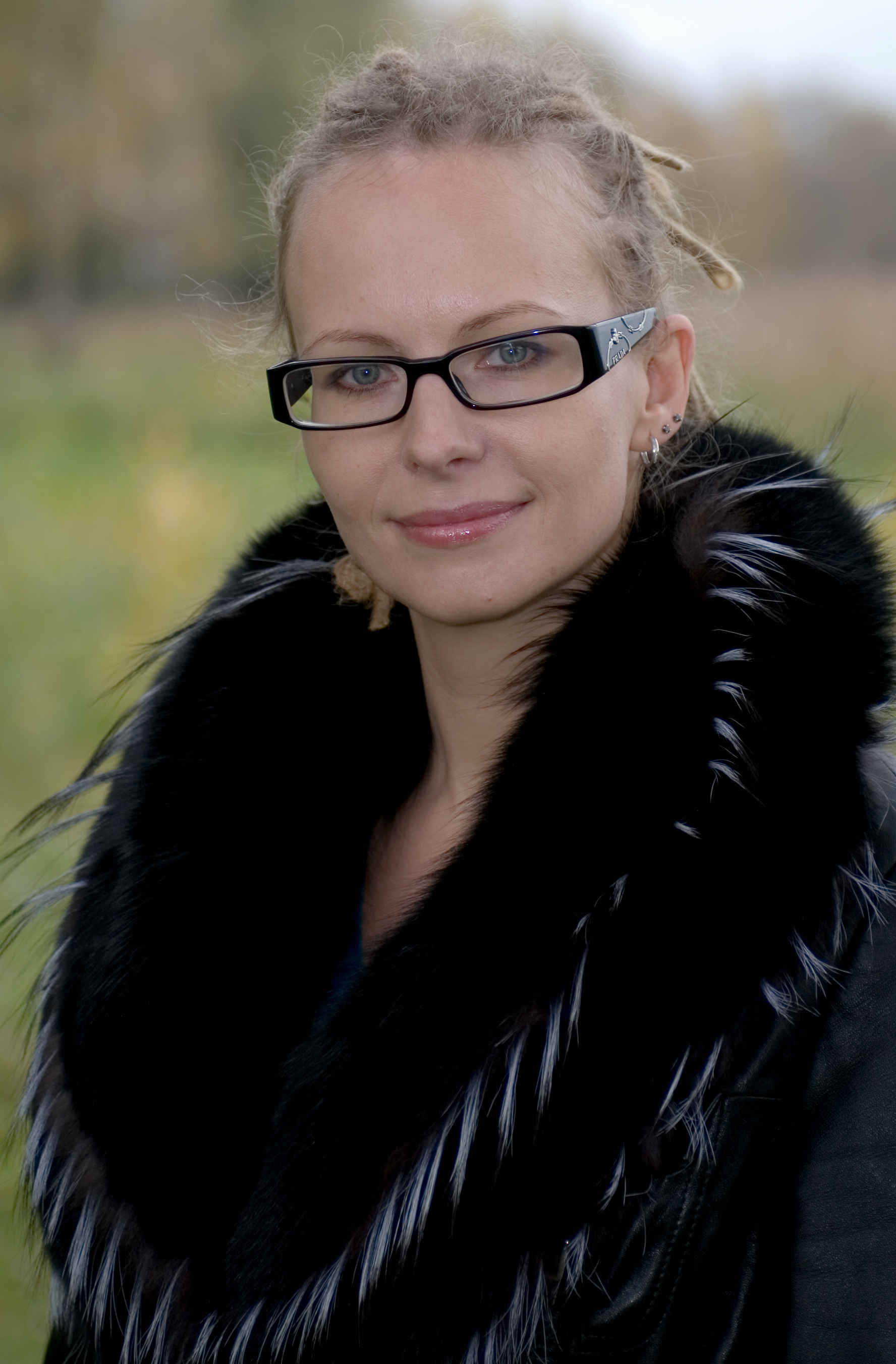
Kerttu Rakke
Kerttu Rakke (given name Kadi Kuus, b. 16. IX 1970) is a prose writer, one of the best known representatives of the new generation that emerged in the early nineties.
She was born and schooled in Võru, studied Estonian philology at the University of Tartu and semiotics in MA studies of the Estonian Institute of the Humanities. She acquired qualifications as a hairdresser at the private Estonian School of Cosmetics and Hairdressing. Among other jobs, she has worked in an advertising agency, collaborated on several periodical publications, been a reporter for the Tartu paper Liivimaa Kroonika, been the culture editor of the Põlva county paper Koit and a public relations consultant with the Tallinn city government. She edited the journal Vaimupuu. She joined the Estonian Writers’ Union in 2013. In 2002 she won II prize in the competition for plays for children and young people run by the Estonian Drama Agency for her play Ema sünnipäev (‘Mother’s Birthday’).
She made her debut in 1987 with poetry in the newspaper Noorte Hääl; in 1989 the story “Let’s go” appeared in the journal Vikerkaar, depicting the world of the young in bold colours, and appearing under the pseudonym Kerttu Rakke. The directness, the slang and the vulgarisms in the language were striking, and the female characters were courageous, flavouring her work as a whole. The prose collection Kalevipoeg (2000), which has been called post-modern, is a clear example of this, referring intertextually to the Estonian national epic, and at the same time offering, with its naturalistic elements, an insight into the world of contemporary women. She has consciously called herself a creator of entertainment literature, chick lit. Her works take place in the contemporary world and deal with contemporary themes. She has depicted the culture of ‘babes’ and ‘chicks’, a world full of parties, men and (sexual) adventures. She has been compared to her contemporaries Kaur Kender and Peeter Sauter. Moving outside of the typical ‘chick’ world are the female protagonists of the novel Küpsiseparadiis (‘Cookie Paradise’, 2007), which throws light on problems of contemporary Estonia, centred around the new-built housing estates in Tallinn. Problems of a more multi-layered kind are examined in the novel Häbi (‘Shame’, 2018), which examines the effect of an all-enveloping feeling of shame on the life of one woman. The novel was nominated for the prose award of the Cultural Endowment of Estonia.
Kerttu Rakke is a fluent storyteller, popular with readers and astute at marketing. She wrote the script for the popular television series Kodu keset linna (‘A Home in the Middle of City’, 2003-2006, 2007-2011). She has written about this in the book Seitse aastat seebiselt (‘Seven Soapy Years’. 2010).
A. K. (Translated by C. M.)
Books in Estonian
Novels
Kolmas printsess. Tallinn: Vastus, 2001, 121 lk.
Iluasjake: järg raamatule kolmas printsess. Tallinn: Kadikas, 2002, 142 lk.
Susanna ja mina. Tallinn: Kadikas, 2002, 236 lk.
Küpsiseparadiis, ehk, Kaksteist kuud. Tallinn: Kadikas, 2007, 360 lk. [2. trükk: 2009.]
Küpsiseparadiis 2, ehk, Maskid & maskotid. Tallinn: Mitu Juttu, 2017, 495 lk.
Häbi. Tallinn: Mitu Juttu, 2018, 181 lk.
Short prose
Kalevipoeg: jutustused. Tallinn: K. Rakke, 2000, 100 lk.
Seitse päeva: jutustus. Tallinn: K. Kuus, 2000, 96 lk.
Mitu juttu. Tallinn: K. Kuus, 2001, 257 lk.
Kordustrükk: jutustused. Tallinn: Kadikas, 2003, 275 lk.
Children’s literature
Ott ja Pilts. Tallinn: Mitu Juttu, 2016, 23 lk.
Miscellaneous
Kodu keset linna: kadunud episoodi käsikiri: mis vahepeal juhtus? Tallinn: SL Õhtuleht, 2005, 42 lk.
Rahatuulutaja. Diana Klasi loo kirja pannud Kerttu Rakke. Tallinn: Kadikas, 2009, 207 lk.
Seitse aastat seebiselt: stsenaristi pihtimus. Tallinn: Kadikas, 2010, 207 lk.
Pimedusest välja. Janek Muru loo pani kirja Kerttu Rakke. Tallinn: Mitu Juttu, 2015, 268 lk.



